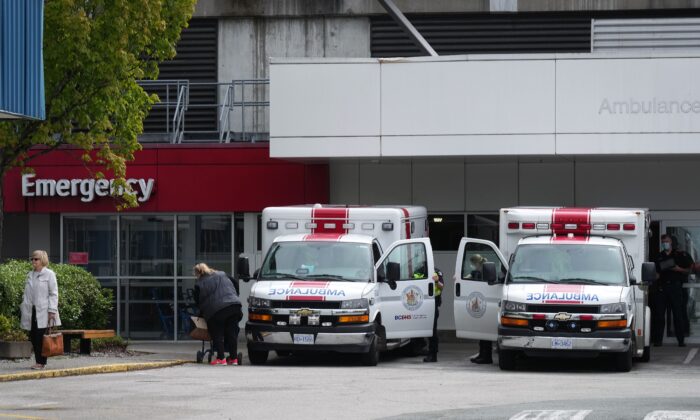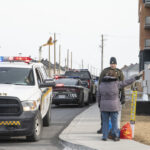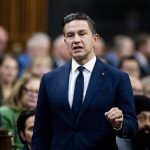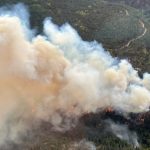B.C. Premier David Eby says the province’s efforts to recruit nurses from the United States have led to more than 100 individuals being approved to practice in the province since April.
The province has been working with the BC College of Nurses and Midwives (BCCNM) to cut down the time it takes for U.S. nurses to be accredited in the province, Eby said during a May 12 news conference.
“In early April, we made significant changes to how American-trained nurses are able to get to work in British Columbia, cutting a wait for nurses from up to four months to a matter of days being able to get to work here in the province,” Eby said.
Since launching the new, streamlined process in March, applications from U.S.-trained nurses have increased by 127 percent, the province said in a press release. Approximately 177 nurses have applied to BCCNM and 113 have received their registrations, making them eligible to work in British Columbia.
BCCNM has implemented a more efficient registration process that uses common systems and exams, the government said. The changes mean professionals are now able to apply directly to the college rather than having to go through a third-party assessment organization.
It also allows the BCCNM to see the education, exam results, employment and registration history of nurses who apply.
Nearly 1,200 nurses, doctors and other health professionals from the U.S. have inquired about moving to work in British Columbia, the province said. The number includes 573 physicians, 413 nurses, 133 nurse practitioners, and 39 other health professionals.
The province will launch a targeted marketing campaign in early June in parts of the United States with the highest interest in moving to B.C., including the states of Washington and Oregon, and select cities in California, according to the press release.
Several factors draw U.S. nurses to work in the province, including the quality of life, Eby said.
“The overall interest that we’re seeing from Americans coming to practice in British Columbia is the ability to practice in a universal health-care system, the ability to match lifestyle that they’re looking for in more rural communities, often an outdoor lifestyle,” Eby said at the conference.
Eby said the province is also partnering with the College of Physicians and Surgeons to make similar changes to increase the number of doctors in the province.












